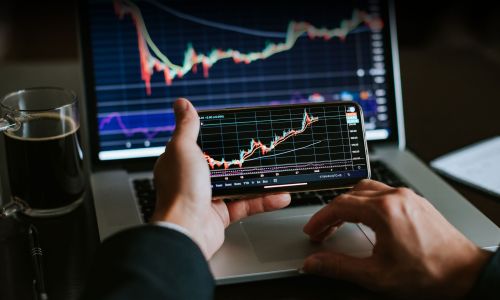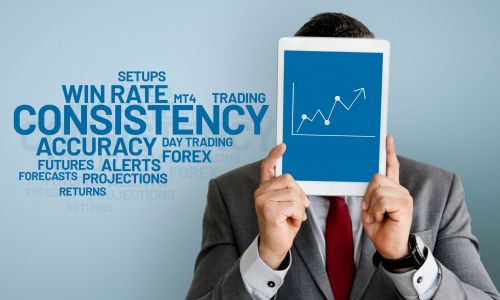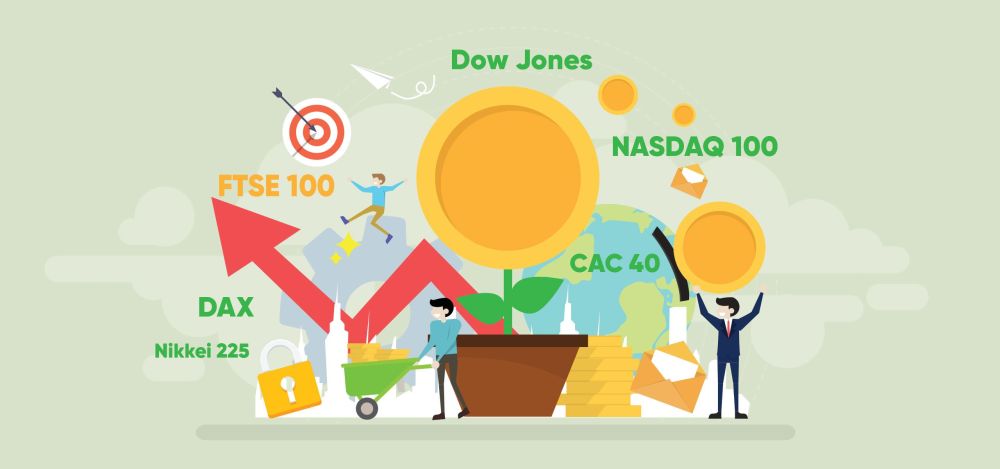To trade indices generally means speculating on the price movements of various stock indices, including the Dow Jones, FTSE 100, and DAX. Of course, these are well-known and are like the basket of individual shares, which are ranked independently by specialty companies and major banks. The most powerful of index markets in the world have more distinguished and longer histories.
Generally, volatility and price movements are impacted by things like political factors, economic issues, and much more. If one company sees a significant shift in its fortune, that can also affect the performance of the stock market.
Global indices are often dominated by benchmark index aspects, where the outside impact on the economy is a reliable indication of that country or area’s economic health.
What Are the Best Indices to Trade?
There are a variety of heavily traded and live markets, which include:
- The FTSE 100 – This is the UK’s top 100 companies, which is shown by market capital.
- Dow Jones – This is often referred to as Wall Street, and it features 30 of the top publicly-owned companies in the United States.
- NASDAQ 100 – Generally, this is known as the US Tech 100, which focuses on the top 100 technology companies within the US.
- The DAX – This is Germany’s top 30 companies.
- CAC 40 – Called the France 40, this focuses on the 40 largest companies in France.
- Nikkei 225 – This is Japan’s price-weighted index, and focuses on the top 225 companies.
All of the above-mentioned indexes can be traded using spread betting or as something called trading CFDs. The three most popular for these include the UK 100, NASDAQ, and Wall Street.
In fact, Wall Street is the familiar term for the Dow Jones Industrial Average Index, and it was launched back in 1885. This is still one of the most popular for investors because it offers many trading opportunities.
Should You Consider Trading Indices?
No one can tell you if it is appropriate for you to make trades and on which indices you should do so. However, when you make trades globally, you can go long or short on your price movements in a variety of major indices from Asia, the UK, the US, Europe, and Australia.
You’re also going to benefit from market movements in one sector, as well as from many different company types. Therefore, you might be able to lower your risk of being exposed to significant volatility while seeing greater investment opportunities.
Which Indices Are Most Volatile?
Volatility on the stock exchange refers to a statistic measure of returns for a market index or security. When it is considered higher volatility, the security is riskier.
For example, as the stock market falls or rises more than a single percent over a significant time period, the market is called volatile.
Most people want a volatile stock index because it gives them more opportunities to make money. However, you must always consider whether it is best to trade indices based on the information you’ve got available to you. Losing money is part of the game, but the goal is to make a profit by choosing a worthy investment. Anyone can trade in any market, so a US-based investor can trade with a German company and vice versa.
Often, CFD trading is considered the most volatile of all indices trading. The P 500, also called Plus500, is actually a streamlined broker, which focuses on trading in various financial markets with no commissions and low spreads. However, the P 500 doesn’t include any extra services, either. There are over 2,000 trading instruments found on the P 500 web-trader platform. Those who really enjoy trading can set up a trading account and capitalize on the markets in a new and different way.
How Do Trade Indices Make Money?
Generally, the stock exchange allows traders and investors to make money by giving them a place to trade securities. Companies can also use the stock index to raise money by listing a variety of securities. The exchange collects a transaction fee from the companies and market participants for providing such a place to go.
Of course, you’re allowed to trade any stock index you want, and the prices can vary based on the exchange, the trading indices you’re considering, and much more.
Conclusion
Yes, trading indices and stock are possible, and there are many ways to do it. For example, you have Forex trading, US stock, and a variety of others. Most of them are regulated, but cryptocurrency and other commodities might not be. Therefore, it’s essential that you track your options and ensure that you’ve got the funds to reduce the high risk that comes from index trading. It can take time to learn more about the stock market index and market capitalisation so that you can make more informed investing decisions.
-

The rhytm beneath the noise
-

You Don’t Need a Trading Style. You Need an Edge.
-

Consistency Isn’t the Goal—It’s the Outcome
-

What 2 Quadrillion Data Points Told Us
-

Math and Physics-Based Trading in Any Market Condition
-

Do not worry about anomalies
-

Consistency should not be the goal. Consistency should be the result.
-

Stop canceling fridays
-

The Elliott Wave Forecast is Subjective, Bias Driven And Backwards looking
-

Finding patterns in market data

